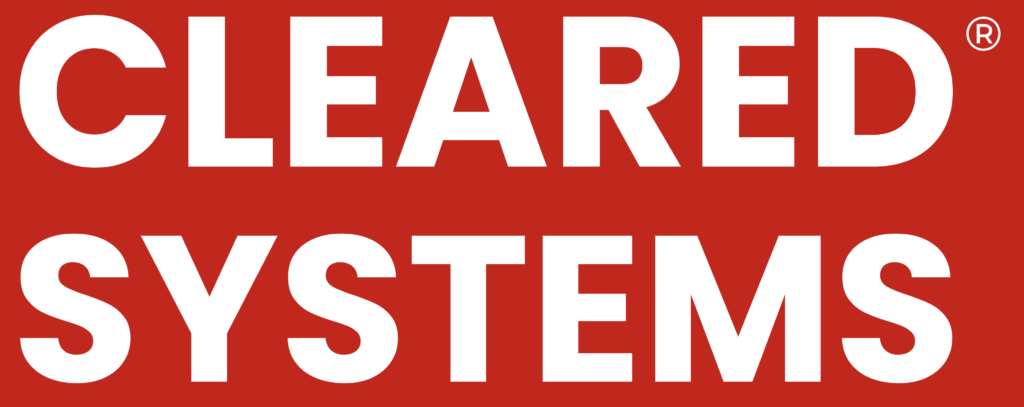In today’s global marketplace, understanding compliance with the International Traffic in Arms Regulations (ITAR) is critical for small businesses, especially those involved in defense or aerospace industries. ITAR governs the export and import of defense-related articles and services, ensuring that sensitive technologies and information are protected. Non-compliance can result in severe penalties, including fines and imprisonment. This guide aims to clarify the essentials of ITAR compliance for small businesses and provide actionable steps to ensure adherence.
What is ITAR?
The International Traffic in Arms Regulations (ITAR) is a set of U.S. government regulations administered by the Directorate of Defense Trade Controls (DDTC) under the U.S. Department of State. ITAR primarily focuses on controlling the export of defense articles and services listed on the United States Munitions List (USML). This includes weapons, military vehicles, aircraft, and other items related to national security.
ITAR’s primary objectives include:
-
Protection of National Security: Preventing sensitive military technology from falling into the hands of foreign entities or adversaries.
-
Promoting U.S. Foreign Policy: Ensuring that U.S. defense articles and services are provided only to allies or for purposes that align with U.S. interests.
-
Maintaining Control Over Defense Technology: Regulating the transfer of sensitive technologies and ensuring they are used responsibly.
Who Needs to Comply with ITAR?
Any business that manufactures, exports, or brokers defense articles and services subject to ITAR must comply with these regulations. This includes small businesses involved in the following activities:
- Manufacturing defense-related products.
- Providing services related to defense technologies.
- Engaging in research and development of ITAR-controlled items.
- Exporting or brokering defense articles to foreign entities.
Even if your business doesn’t directly handle ITAR-controlled items, if you work with companies that do or have access to controlled information, you may still need to adhere to ITAR regulations.
Key Components of ITAR Compliance
1. Registration with DDTC
The first step toward ITAR compliance is registering your business with the DDTC. This is a mandatory requirement for any manufacturer or exporter of defense articles. The registration process involves submitting an application that includes details about your business, its ownership, and its activities. Once registered, you’ll receive a registration code that must be included in all ITAR-related submissions.
2. Understanding the United States Munitions List (USML)
The USML is a list of defense articles and services that are subject to ITAR. Familiarizing yourself with this list is crucial to determining whether your products or services fall under ITAR regulations. Items not listed on the USML may still be subject to the Export Administration Regulations (EAR), which are administered by the Bureau of Industry and Security (BIS) under the U.S. Department of Commerce.
3. Implementing Export Controls
Once you have identified whether your products are ITAR-controlled, you must establish and maintain export control procedures. This includes:
- Conducting a thorough export compliance audit.
- Developing an internal compliance program tailored to your business operations.
- Training employees on ITAR regulations and your compliance policies.
4. Maintaining Documentation
Accurate record-keeping is essential for ITAR compliance. You must maintain detailed records of:
- All exports and imports of defense articles.
- Correspondence with foreign entities.
- Compliance training sessions conducted for employees.
- Any licenses obtained from the DDTC.
Records must be retained for at least five years from the date of export or termination of the activity.
5. Employee Training and Awareness
Training is a vital aspect of ITAR compliance. Employees must be aware of ITAR regulations, understand the importance of compliance, and know how to handle controlled information. Regular training sessions and updates on compliance practices should be part of your business culture.
6. Licensing Requirements
Certain exports of ITAR-controlled items require a license from the DDTC. The licensing process can be complex, involving detailed applications and potential delays. It’s crucial to understand when a license is needed and to apply well in advance of any planned export.
Consequences of Non-Compliance
Non-compliance with ITAR can lead to severe consequences, including:
-
Fines: Civil penalties can reach up to $500,000 per violation, while criminal penalties can be as high as $1 million.
-
Imprisonment: Individuals found guilty of willful violations can face up to 20 years in prison.
-
Loss of Business: Non-compliance can result in the loss of contracts, damaging your business reputation and financial stability.
Steps for Small Businesses to Achieve ITAR Compliance
-
Conduct an ITAR Compliance Assessment: Review your business activities to determine whether you need to comply with ITAR and to what extent.
-
Register with the DDTC: Complete the registration process to obtain your DDTC registration code.
-
Develop an Internal Compliance Program: Establish policies and procedures that align with ITAR requirements, including training programs for employees.
-
Monitor Changes in Regulations: ITAR regulations can change frequently, so staying informed is crucial. Subscribe to relevant newsletters or consult with compliance experts.
-
Consult with Experts: If you find ITAR compliance complex, consider hiring legal counsel or compliance consultants specializing in defense trade regulations.
Conclusion
Understanding and complying with ITAR regulations is essential for small businesses involved in defense-related industries. By implementing a robust compliance program, staying informed about regulations, and training employees, businesses can navigate the complexities of ITAR and protect their interests while contributing to national security. With proper diligence and care, your small business can successfully meet ITAR compliance requirements, safeguarding sensitive information and maintaining eligibility for valuable government contracts. Contact us today!

